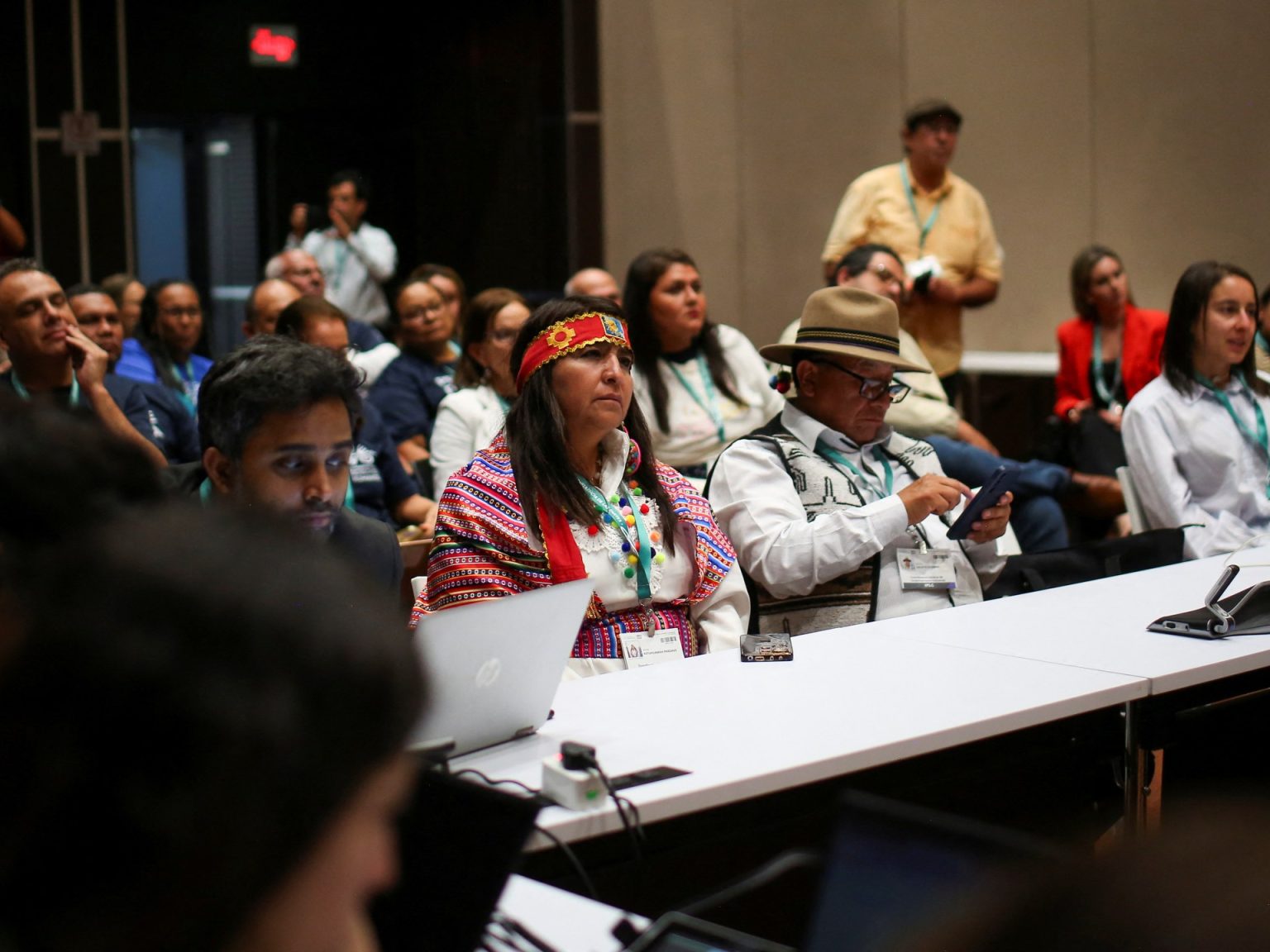Environmental leaders from nearly 200 countries have gathered in Colombia for the United Nations Biodiversity Conference (COP16) to assess historic commitments to halt and reverse the loss of nature. This conference is a follow-up to the 2022 Montreal meetings where the Kunming-Montreal Global Biodiversity Framework was signed by 196 countries to protect biodiversity. Delegates will discuss how to save nature from its current rapid rate of destruction and uphold the demands of the accord, including setting aside 30 percent of territories for conservation and reducing harmful business subsidies. By the start of the summit, only 31 out of 195 countries had submitted their biodiversity plans.
At COP16, wealthy nations agreed to contribute at least $20 billion annually towards helping developing countries meet their nature goals, with the target rising to $30 billion by 2030. However, as of 2022, only $15.4 billion had been raised. The conference aims to remind countries of their commitments and course-correct towards achieving the 2030 targets. UN chief Antonio Guterres called for significant investment in the Global Biodiversity Framework Fund, as countries have only made around $250 million in commitments so far. Leaders will also focus on addressing climate change issues in conjunction with biodiversity decline, as the rate of nature destruction continues and funding for conservation falls short of meeting goals.
One of COP16’s goals is to establish a global system for paying for access to genetic data called digital sequence information, as well as finalise a new program for including traditional knowledge in national conservation plans. Special protections are being recommended for Indigenous groups in voluntary isolation, recognising their crucial role in protecting nature. Indigenous populations intend to use this summit to have their rights and ancestral knowledge recognised after years of marginalisation and displacement. The importance of Indigenous peoples for the world will be highlighted at COP16, with a focus on their role in biodiversity conservation and sustainable development.
Colombia’s Environment Minister and COP16 President describes the conference as an opportunity to bring together experiences from all civilizations and cultures to create stable conditions for a new society. Indigenous peoples in Colombia have been preparing for COP16 for months, aiming to demonstrate their importance to the world. The conference will also address the simultaneous issues of climate change and biodiversity decline, focusing on the need for increased funding and commitment to nature protection. Leaders will discuss ways to increase investments in biodiversity conservation and mobilise public and private finance to meet 2030 targets.
The conference will see countries negotiating and committing to actions to protect the environment and biodiversity, including setting territories aside for conservation and reducing harmful business practices. The aim is to re-energise commitments made in 2022 and work towards achieving the 2030 targets. Indigenous populations will play a key role in the discussions, advocating for their rights and ancestral knowledge to be recognised. With only a fraction of the required funding raised so far, COP16 will be crucial in mobilising additional resources to meet conservation goals and address the urgent need for nature protection.
Overall, COP16 in Colombia will focus on addressing the urgent need to protect nature, halt biodiversity loss, and achieve the goals set out in the Kunming-Montreal Global Biodiversity Framework. The conference will bring together leaders from nearly 200 countries to discuss ways to increase investments in conservation, reduce harmful practices, and improve the integration of traditional knowledge into national conservation plans. Indigenous groups will play a significant role in advocating for their rights and highlighting their crucial role in protecting nature. As countries work towards meeting their commitments and targets, COP16 will be a pivotal moment in the global effort to preserve biodiversity and ensure a sustainable future for all.


